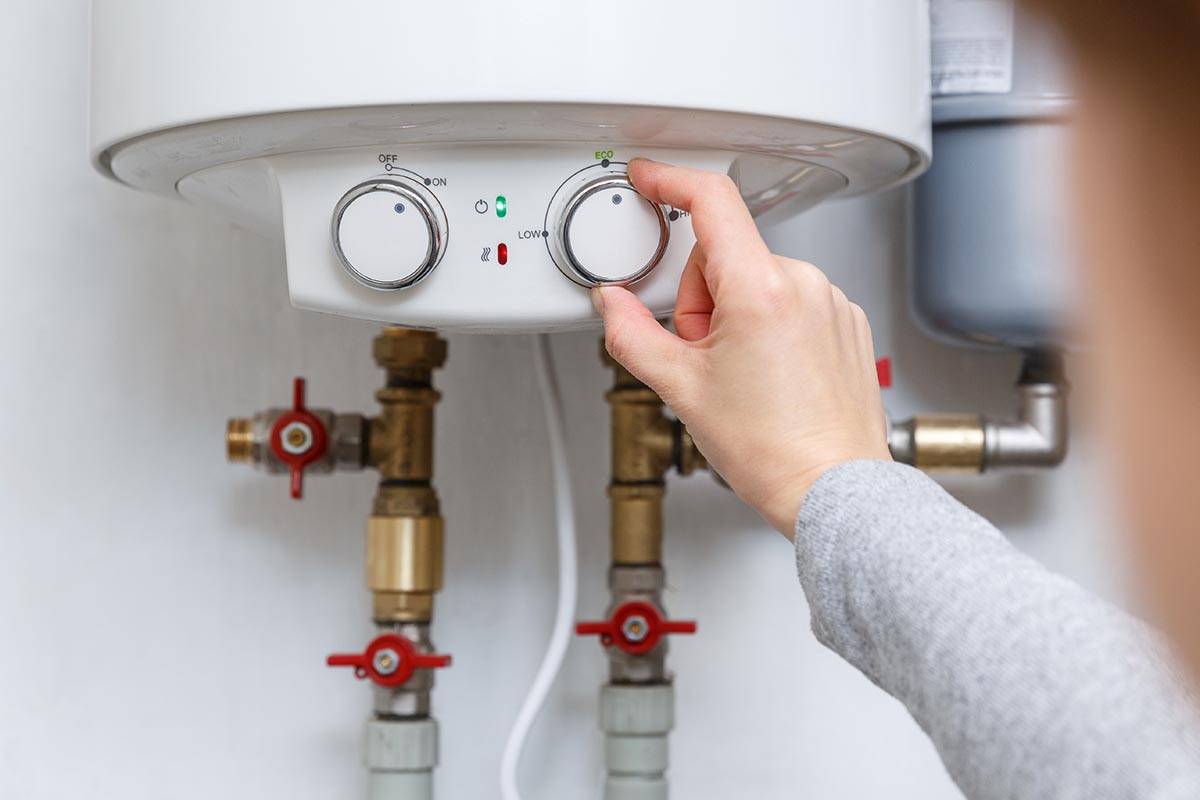Are Gas Boilers Still a Good Choice in 2023?
With technology ever-advancing, the energy market has seen significant changes, introducing more efficient and eco-friendly heating solutions. But the question remains — are gas boilers still a good option in 2023?
This post will discuss the good and bad aspects of gas boilers, considering their efficiency, cost-effectiveness, and environmental impact to help you make an informed decision about your home heating system. If you’re looking for a boiler replacement, consider this cost guide from Plumb-Tech for more information.
Efficiency
When it comes to efficiency, gas boilers shine in several aspects.
- High energy efficiency ratings
Modern gas boilers typically boast energy efficiencies of 90% or higher, meaning that most of the energy from gas is turned into heat for your home. This efficiency rating far surpasses earlier-style boilers, making a significant impactful reduction to both energy usage and your heating bills.
- Rapid heat
Gas boilers are known for quickly heating homes. While heating systems that rely on electricity may take longer to reach desired temperatures, gas boilers provide heat almost instantaneously.
- Effectiveness in multi-room heating
Gas boilers are highly effective in heating multiple rooms evenly. They distribute heat via a network of radiators throughout the house, ensuring each room maintains a consistent temperature.
- Reliability
Gas boilers are typically robust and reliable. With regular maintenance, these systems can last many years without significant performance issues or breakdowns.
Are gas boilers still a good choice in 2023: Cost-effectiveness
Gas boilers remain an economically viable option for the following reasons.
- Initial cost
Gas boilers generally have a lower upfront cost compared to some renewable energy heating systems. This makes them an appealing choice for those with a limited initial budget for a home heating system.
- Maintenance cost
The maintenance cost of gas boilers is lower than other heating systems. They generally require an annual service to keep them running optimally, which can be carried out by a professional technician at a reasonable cost.
- Fuel cost
Natural gas — the fuel used in these boilers — is still one of the most cost-effective energy sources when compared to electricity or oil. This contributes significantly to the overall economic efficiency of gas boilers.
- Longevity
With proper care and regular servicing, gas boilers can last for many years, often 10-15 years or more. This longevity reduces the overall cost of the system over its lifespan.
- Government grants
In some regions, government grants are available to offset the cost of installing a gas boiler, making these systems more affordable.
- Resale value
Homes equipped with a functional, modern gas boiler often see a boost in their resale value. Prospective buyers appreciate the efficiency and cost-effectiveness of a good heating system.
These factors collectively contribute to the cost-effectiveness of gas boilers, making them a financially sound choice for home heating in many scenarios.
- Environmental impact
Regarding the environmental impact, gas boilers have both positive and negative aspects.
- Carbon emissions
A significant concern with gas boilers is carbon emissions. As natural gas contains carbon, burning it for heat releases carbon dioxide (CO2), a greenhouse gas that contributes to climate change. Modern condensing boilers are designed to reduce these emissions, but they still can’t eliminate them entirely.
- Energy source
Natural gas is a fossil fuel — even though its emissions are cleaner than coal or oil. Although natural gas extraction and uses have lower environmental impacts than their counterparts, its energy source is non-renewable. Additionally, extraction itself could pose ecological concerns — such as potential water contamination issues and methane leakage incidents.
- Efficiency
On a positive note, the high efficiency of modern gas boilers means less gas is needed to heat your home, resulting in fewer emissions compared to older, less efficient models.
- Transition to greener alternatives
Some gas boilers can be converted to use greener fuels in the future. For example, hydrogen-ready boilers can run on natural gas now and be converted to hydrogen (a zero-carbon gas) when it becomes widely available.
- Recycling
Many parts of a gas boiler can be recycled at the end of its life, helping to reduce landfill waste. However, ensuring your boiler is disposed of correctly is essential to take advantage of this. While gas boilers contribute to greenhouse gas emissions, manufacturers are continually developing ways to reduce this impact. Future advancements may lead to even cleaner and more efficient gas heating systems.



















